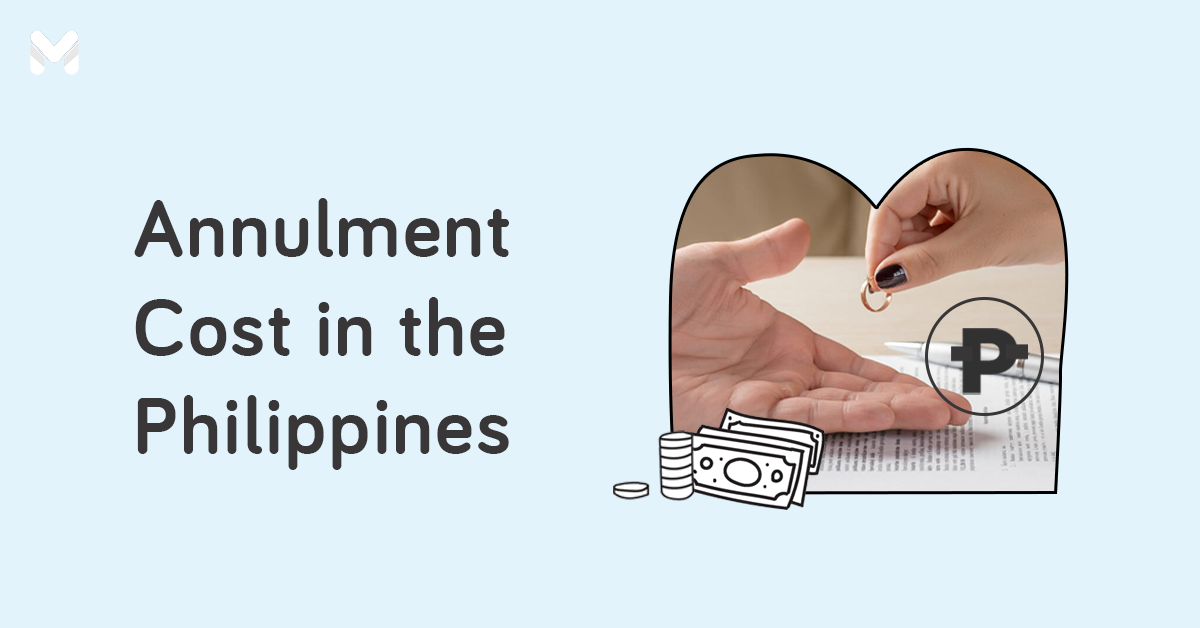Whether you’ve only been dating briefly or been together for years, money can be a touchy subject for many couples. But if you plan to make financial decisions together in the future, you must know if you are financially compatible.
As it turns out, financial compatibility can make or break a relationship. According to a report from Credit Karma, 33% of Gen Z and 31% of millennials break up with their partners over money.[1]
What is Financial Compatibility and Why is it Important?
-4.png?width=600&height=400&name=Pics%20for%20blog%20-%20600x400%20(39)-4.png)
Financial compatibility in a relationship is all about you and your partner’s shared approach to spending and saving. It involves understanding the other’s beliefs about money and openly discussing and supporting each other’s individual and joint financial goals.
Therefore, it dictates whether money will be a source of conflict or tension.
The importance of financial compatibility can’t be stressed enough. Being on the same page as your partner when it comes to money can help you avoid major conflicts and thus achieve your financial goals faster.
📝 Financial Compatibility Quiz
Money decisions reveal your financial compatibility. You can gauge how financially compatible you are by quizzing each other on both small and significant money decisions, including the following:
- Going out - How often do you go out? How much do you spend on dates?
- Special events - What’s the appropriate amount for birthdays and anniversaries?
- Family expenses - How much should be spent to help the family or dependents?
- Hobbies - How much do you spend on clothes, subscriptions, or hobbies?
- Renting vs. buying a house - Will you rent or buy a condo unit or a house? How much will you pay for it? How will you fund it?
- Taking vacations - How often will you go on holiday? How will you pay for the vacation?
- Buying a car - Is it a must-have? If it is, when do you plan to buy one? What kind? Will you buy a brand-new or a secondhand car?
- Spending on children’s needs - Should you decide to have kids, what’s your plan for paying for daycare, school, extracurricular activities, and more?
5 Signs of Financial Compatibility in a Relationship
-2.png?width=600&height=400&name=Pics%20for%20blog%20-%20600x400%20(40)-2.png)
Aside from the quiz above, these signs can help you tell if you and your partner can handle your financial lives smoothly:
❤️ You Can Talk Openly About Money
As a couple, you should be able to talk about financial matters honestly, freely, and without fear of conflict.
Consider your everyday casual conversations. When you broach the topic of money, does your partner evade questions or quickly shift the topic? If you're serious enough to envision a future together, you should be comfortable when talking about finances with your partner—whether it’s regarding how you’ll split the utility bills or how much you’ll put into investments.
Arguments over money are not totally avoidable. Still, money should be a regular part of the conversation.
Money talks should not be something to dread. They should be interesting and insightful since you’re investing in a future together.
❤️ You Don't Have to Hide Purchases from Each Other
Feeling comfortable enough to show each other your purchases is a sign of financial compatibility. You trust they know their financial capacity and that these purchases won’t disrupt your budget or leave your finances in total disarray.
If you hide purchases and lie about what you bought and how much you spent, this may be construed as distrust or shame over your financial situation.
Hiding credit card statements or receiving parcels only when your partner is not around can lead to money fights. In the long run, this can result in a loss of trust or the breakdown of the relationship.
❤️ You Trust Each Other’s Spending Habits
When it comes to spending, you and your partner are aligned. You have the same spending priorities. You trust each other to be financially responsible in every situation.
Moreover, you have the same attitude toward saving. You’re both aware of what you should do to achieve your joint financial goals.
As a result, neither of you is likely to be controlling. Money disagreements are few and far between.
❤️ Your Income and Credit Scores are Comparable
You and your partner are earning comparable salaries. No one will feel burdened or resentful for overcontributing, while the other contributes less. It bodes well for your financial future as you can avoid the common conflicts caused by money imbalances in relationships.
Your credit scores are also similarly good. It’s a sign of financial compatibility because you and your partner are both responsible. You will likely continue to be so when you’re married and need to purchase your first car or home.
❤️ You’re Both Paying Off Your Debts
Having debt can be stressful. Carrying debt into your relationship can be even more stressful.
But if you’re both exerting effort to get out of debt, it’s a sign that you’re financially compatible. You both want to be financially stable for your future family.
Read more:
- Signs You’re Not Ready for Marriage—Even if You Say You Are
- Money’s No Issue with These 10 Financial Tips for Couples
- How to Budget as a Couple: Solenn and Nico on Managing Their Finances
How to Strengthen Your Financial Compatibility
-2.png?width=600&height=400&name=Pics%20for%20blog%20-%20600x400%20(41)-2.png)
Broaching the prickly topic of money is more challenging than it sounds. Here are a few tips to strengthen your financial compatibility:
✔️ Talk About Money at the Right Time
The perfect time to discuss financial matters is when your relationship turns serious. At this point, you're far enough into your relationship to warrant having the talk and not too early into it that you can look the other way.
Now that you have your partner’s attention, tell them you want to discuss money openly. Emphasize that you don’t want money to be an issue down the road.
Avoid having this discussion when you’re miffed about your partner’s spending habits or recent purchases. A hot head never helps a couple communicate better.
When discussing money, employ the right approach. For instance, try saying, “I hope I can grow my savings further,” and ask your partner for their thoughts. Hopefully, it will get them to open up about their struggles (or successes) with saving money.
✔️ Run the Numbers
Gather figures like your net income, savings and checking accounts, credit card and loan balances, and the like. Doing so will give you a better idea of each other’s financial health. You can address the weaknesses ASAP to achieve stability.
✔️ Come Up with a Concrete Plan
If you and your partner are okay with having combined savings and joint budgets, that’s an excellent place to start. It trains you to be disciplined with your money while working towards your short and long-term goals together.
You can combine your income after taxes and utility bills every month towards a savings goal, making sure to add into your date fund or fun fund for guilt-free treats without going over your budget.
Read more: Should You Manage Money Jointly? How to Manage Finances for Couples
✔️ Designate Financial Roles
If you want to ensure you are both involved in managing your finances, assign financial roles to each other. For instance, you can handle all bill payments and expense tracking while your partner can monitor your investments.
✔️ Schedule Regular Financial Check-Ins
Set aside one day a month to revisit your goals and discuss other financial concerns. It’s a good opportunity to support and encourage each other, whether you achieve something or slip up occasionally.
See where something is working and where it’s not and make the necessary adjustments. A monthly check-in can also help with major upcoming expenses, like a vacation or a family celebration.
Related reading:
- How to Tie the Knot with a 100K Wedding Budget in the Philippines
- 15 Stunning Wedding Venues in the Philippines Perfect for All Tastes
Final Thoughts
They say that money is the invisible third person in relationships, so you should pay just as much attention to financial compatibility. The more extreme your differences are regarding money, the more likely you will have disagreements and the relationship will fall apart.
Don’t worry if you have different financial habits or views about money. Like in most matters, you can become financially compatible with some research, planning, and effort.
Source: [1] Gen Z and millennial couples are breaking up over money, study finds (Credit Karma, 2023)







_1200x350.png?width=751&height=219&name=UB_PL_Generic_2_(Jan_2025)_1200x350.png)
_1200x350_CTA.png?width=1200&height=350&name=UB_PL_Generic_Ad_-_Home_Improvement_(Sep_2023)_1200x350_CTA.png)



